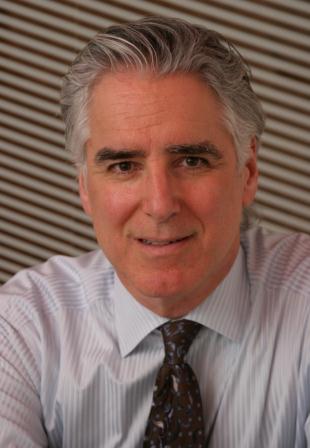 The recession that started in 2008 knocked tens of thousands older Americans out of their jobs, and seven years later that displacement continues to ripple through the Baby Boomer generation.
The recession that started in 2008 knocked tens of thousands older Americans out of their jobs, and seven years later that displacement continues to ripple through the Baby Boomer generation.
The average length of unemployment for workers over 55 continued to lengthen in 2014, stretching to 54.3 weeks in December, according to the AARP Public Policy Institute. That’s up from 45.8 weeks in December 2013. Meanwhile, the average length of unemployment for those under 55 dropped to 28.2 weeks in December, down from 35.2 weeks a year earlier.
The same report says there were 230,000 older “discouraged” workers in December. In 2007, that number was just 53,000.
There are a number of forces working to keep older Baby Boomers from finishing the careers they expected to have when they began working. The recession squeezed middle management out of many industries, and those jobs aren’t likely to return. Entire industries have been disrupted, even disabled, by technology, and some jobs simply don’t exist anymore. Undeniably, age discrimination plays a role.
There are other changes afoot that affect everyone, not just Baby Boomers. Author Seth Godin, in his “The Icarus Deception,” writes about the end of the industrial age and the failure of the social and education institutions of that age to prepare us for a new economy. The industrial age rules — study hard, memorize what you’re taught, pass your tests, work hard, and you’ll be successful — don’t necessarily work. Ask any displaced Baby Boomer. The new “connection economy” allows everyone to bring their own individual art to the world, Godin suggests.
All of this suggests displaced Boomers should abandon any desire to fit back into a crumbling, industrial-age workplace and adopt an entrepreneurial approach to their remaining working years. In this, there is hope.
It turns out that entrepreneurship in modern America is not just a game for the young in Silicon Valley. From Time.com in March 2013: “Still, start-ups in some industries, such as biotech and business software, gain an edge from the experience that comes with a founder’s age. According to research by Vivek Wadhwa, an academic and tech entrepreneur, and the Kauffman Foundation, the average age of successful start-up founders in these and other high-growth industries was 40. And high-growth start-ups are almost twice as likely to be launched by people over 55 as by people 20 to 34.”
Entrepreneur.com, citing the Kauffman Index of Entrepreneurial Activity, reported that in 2012, nearly 25 percent of new businesses were started by people 55 and older. In 1996, it was 14 percent.
Many Boomers are eager to start their own businesses. In 2011, The MetLife Foundation said that 25 percent of Baby Boomers surveyed hoped to start a business or nonprofit within five to 10 years.
So, for Baby Boomers who have been disenfranchised from the workplaces they were trained to serve, there is reason for optimism. With a little Googling, it’s easy to find examples of successful, older entrepreneurs, including Ray Kroc, founder of McDonald’s, and Harland Sanders, who founded Kentucky Fried Chicken with his first Social Security check. Remember, there’s no rule that says an entrepreneur has to start a multi-million-dollar company. For older Americans, making a living and creating a few new jobs might be enough.
The end of the industrial age offers another form of hope for older workers, according to Mexican billionaire Carlos Slim, who, at this writing, is about to turn 75. According to a June 2013 article on Entrepreneur.com, Slim told CNBC.com, “When you have an industrial economy like in the past where people … do a lot of physical work and people live less years, it’s OK to retire at 65,” Slim told CNBC. “When you have a society of knowledge and experience and information, at this age is where you are at your best. It’s [foolish] to retire at this age. And you don’t have the physical work, and you have the intellectual work and you are in your best in your 60s.”
Baby Boomers have lots of work experience to apply to an entrepreneurial venture. What other resources will they need? Some training about how to start a business. Some cash. And encouragement and courage to break the industrial-age mold that formed them.
